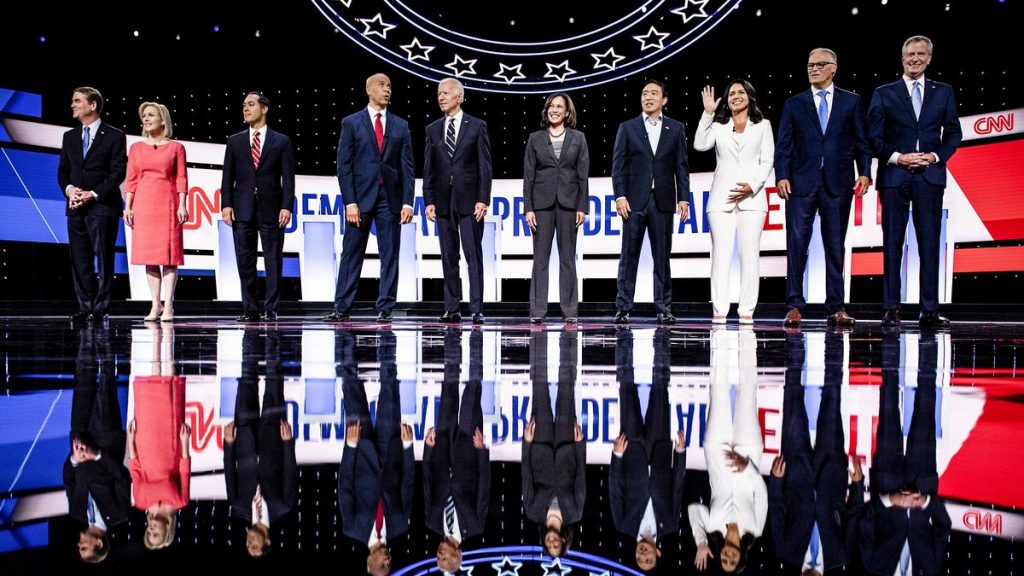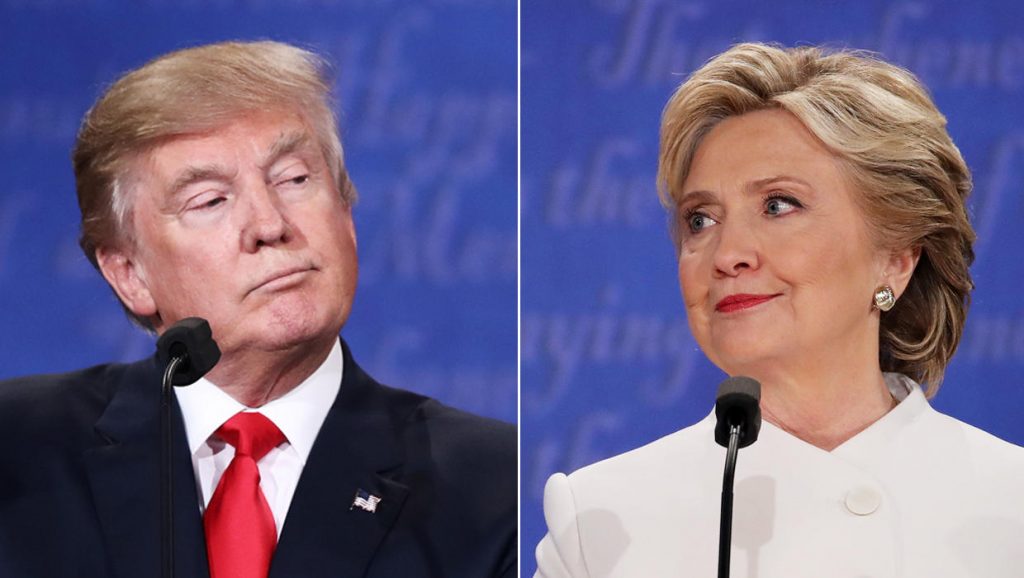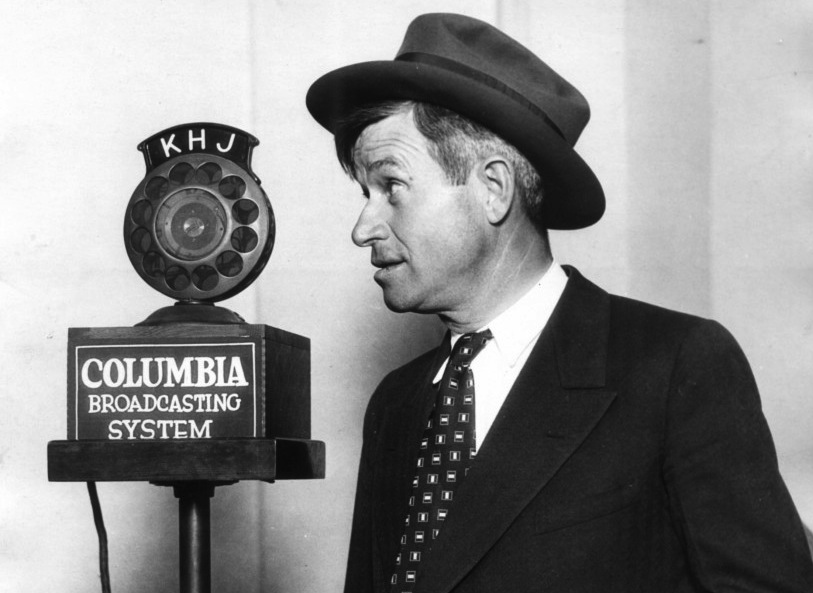You wouldn’t know it from watching the cable television food fights that masquerade as Democratic presidential debates, but the 2020 presidential election will not be about “socialism” or “Medicare for all,” or “climate change” or even the great Democratic unifier Donald J. Trump.
No, the next presidential election will be about what all presidential elections are about: a choice.

A choice between two people: a racist, polarizing, pugilistic incumbent with the power of Twitter and a reptile brain understanding of how to always put himself at the center of everything, and a Democrat. How that Democrat frames the contest and how Trump has already framed it will determine the outcome.
Democrats better make the frame a simple and forward-looking one. The election is, after all, about what kind of country we want. Trump has made his vision clear. He wants a racially polarized country where fear and resentment constitute policy. Trump is betting, and Republicans on the ballot next year are meekly going along, that he can channel George Wallace one more time and draw an inside straight in the Electoral College and repeat his narrow victories in Michigan, Wisconsin and Pennsylvania. If he wins again he will almost certainly do so without again winning the popular vote.
It is a risky strategy, but it’s all he’s got. Pre-Trump, American politics was always about addition. He’s made it about subtraction. He’s done nothing – less than nothing, really – to grow support. His only possible political path is to further divide, while insulting and demeaning his way to a second term on the strength of an angry, resentful, mostly white middle class.
There are clear signs that this approach will fail. The Associated Press recently went to suburbs in Michigan, Colorado and Pennsylvania, three states critical to Trump’s re-election or a Democrats chance to win, and found that many women – often swing voters – have grown weary of Trump and his tactics.
“I did not think it was going to be as bad as it is — definitely narcissism and sexism, but I did not think it was going to be as bad as it is,” said Kathy Barnes while shopping in the Denver suburb of conservative-leaning Lone Tree. “I am just ashamed to be an American right now.”
Ms. Barnes just framed the election for whomever wins the Democratic nomination. What kind of America do you want? What kind of place will this American experiment produce? What the future for your kids and grandkids?
Having sorted through all the post-mortems on the 2016 race between Trump and Hillary Clinton, and believe me that is a lot of sorting, I conclude that Trump won for two fundamental reasons.

First, Trump was – and is – a disrupter, a bull in the political china closet, throwing fits and smashing the place settings. I thought it odd back in 2015 when a friend in his 70s told me he thought Trump was a joke, but would vote for him because “things couldn’t get any worse.” He was willing to burn the house down, throw the dice and elect a con man simply to shake things up.
Second, and because every election is a choice, Trump won because of who his opponent was in 2016. Clinton was – and remains – every bit as polarizing, if better mannered, than Trump. When Barack Obama said during his 2008 contest with Clinton that she was “likeable enough” he understated that factor by half. In a contest with a superbly unlikable guy she came in second.
I haven’t a clue at this point who will emerge from the bloated Democratic field, and since two news cycles in our politics is now a lifetime absolutely anything can happen in the next 15 months. However, I am pretty sure Elizabeth Warren’s plan for everything or Joe Biden’s record on forced busing won’t matter much in the fall of next year.
Plans and proposals and platforms won’t beat a guy who is all about fear and fights and fiction. You don’t beat a demagogue with a five-point plan. You need what George H.W. Bush famously called “the vision thing.”
“I am pleading for the future,” the famous trial lawyer Clarence Darrow once said. “I am pleading for a time when hatred and cruelty will not control the hearts of men, when we can learn by reason and judgment and understanding and faith that all life is worth saving, and that mercy is the highest attribute of man.”
That’s a vision.
Another of those suburban women, Yael Telgheder, 36, of Novi, Michigan, told the AP she was a reluctant Hillary voter in 2016, unhappy with her either/or choice. Yet, she can’t imagine a 2020 vote for Trump. “To be honest, there are certain things that — he’s a businessman — so I understand the reasons behind them. But all of the disrespect and lies and stuff like that, it’s just too much for me.”
Maybe Trump wins again. Incumbent presidents usually do, but then again he is no typical politician. To counter a president who has hastened America’s decline, who has embraced a political strategy of division and discord, whose appeal is increasingly only to a white nationalist America you need to offer an optimistic vision of America for Americans.
Trump’s “American carnage” was both a warning and a prediction. Democrats need to plead for the future.
—–0—–




